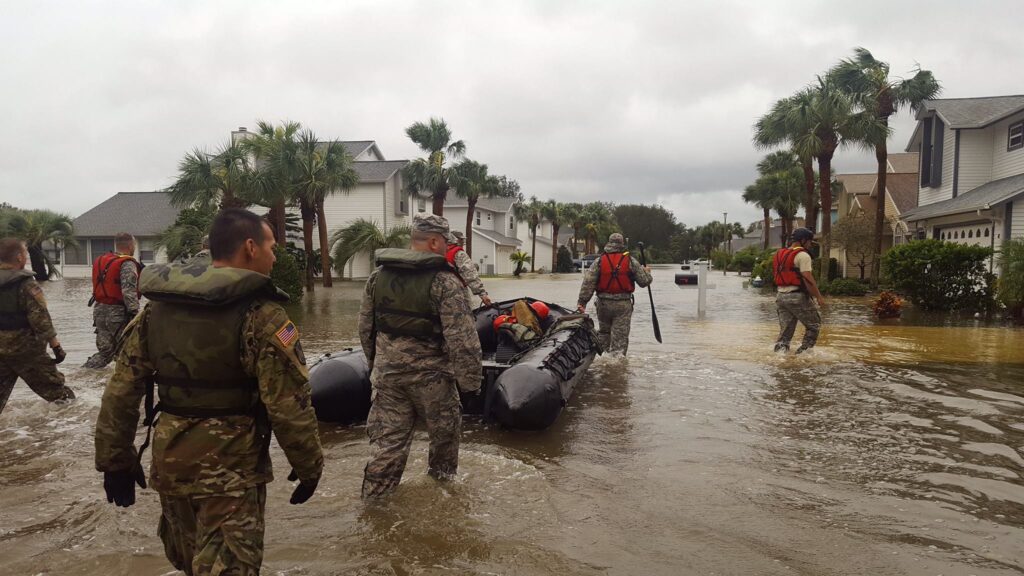The US military, particularly the National Guard, is instrumental in responding to natural disasters in the United States. As climate change increases the severity and frequency of major disasters, the unique capabilities of the military to conduct disaster response will be in even higher demand. The Biden administration’s shifting focus to great-power competition could draw resources and attention away from improving domestic disaster response capabilities, even as these requirements become increasingly urgent. A significant amount of materiel and units need to be available to ensure that effective disaster response can be carried out domestically. Large-scale deployments abroad could endanger national disaster response and ultimately reduce the ability of the United States to successfully engage in future conflicts. The administration should link the planned National Climate Strategy to the National Security Strategy, avoid double-counting units in force planning, develop clear guidelines for when military support is needed for domestic disaster assistance and when it can be withdrawn, and ensure that the National Guard is empowered to train for disaster response.
Read the full paper at the Atlantic Council.




